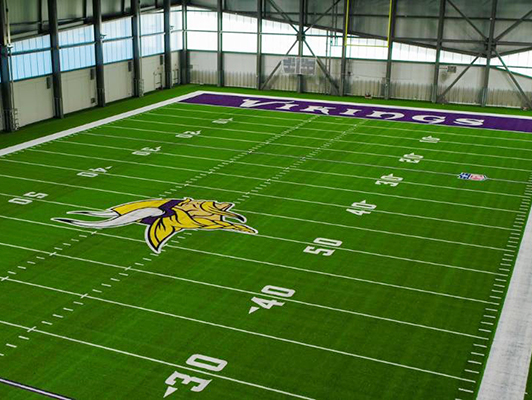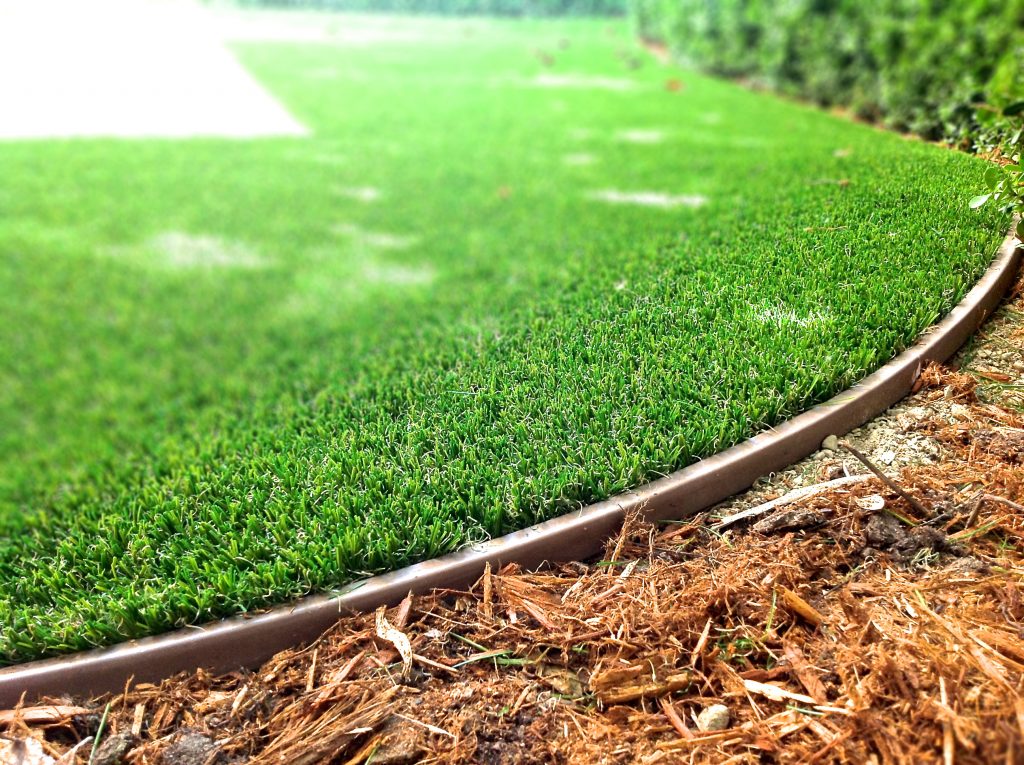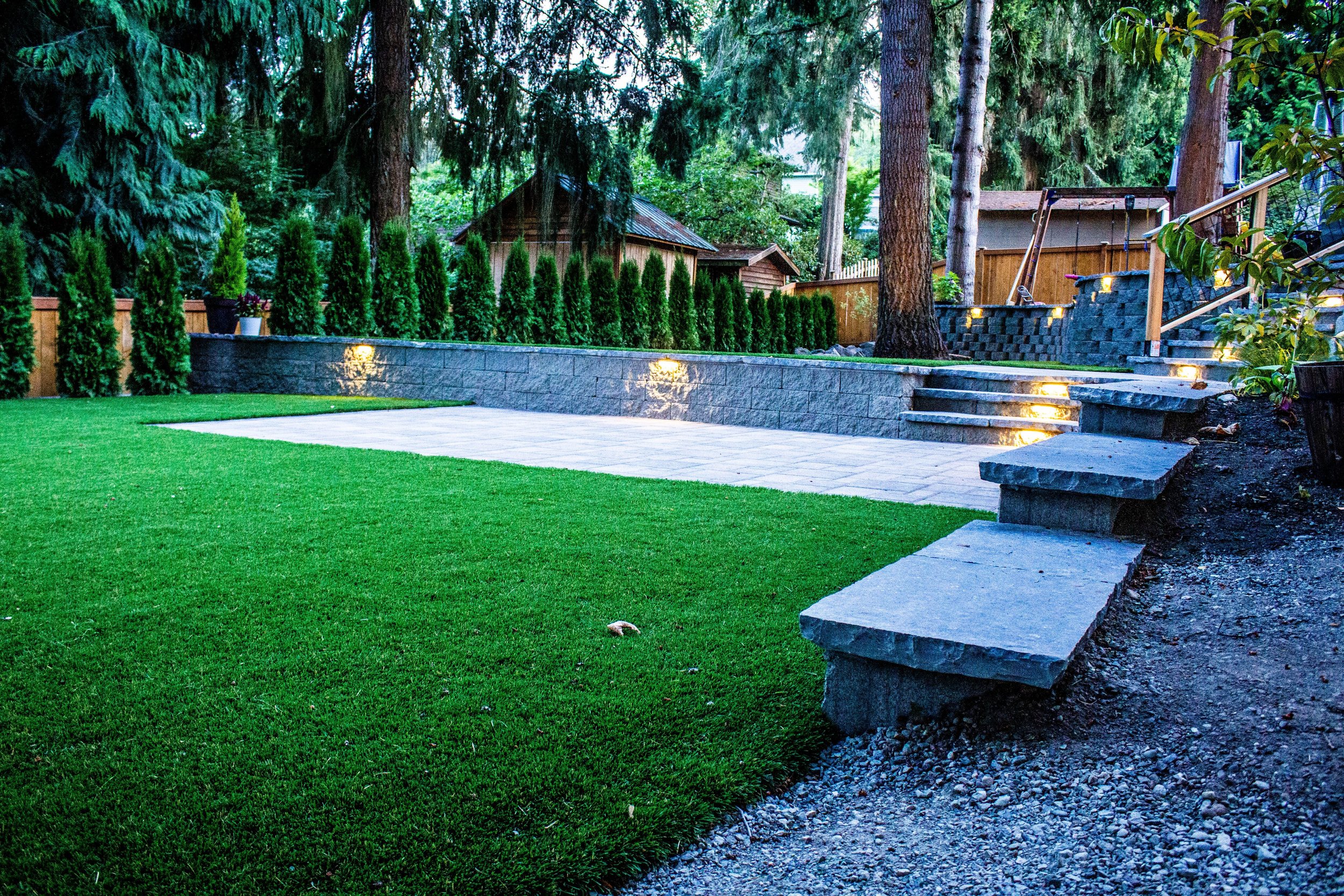Choose Reliable Artificial Turf Companies Phoenix for Long-Lasting and Realistic Grass
Choose Reliable Artificial Turf Companies Phoenix for Long-Lasting and Realistic Grass
Blog Article
Delve Into the Environmental Conveniences of Opting for Artificial Grass Solutions
The adoption of artificial grass remedies presents a compelling possibility to attend to pressing environmental challenges. By dramatically reducing water usage and minimizing the application of damaging chemicals, these choices not just advertise sustainable landscaping but likewise protect regional communities. The lower carbon impact linked with decreased maintenance activities adds to an extra lasting technique to land administration. However, the effects of these benefits extend past mere preservation efforts, increasing concerns regarding their lasting influence on habitat conservation and total ecological equilibrium. Exploring these measurements exposes an intricate interplay worth taking into consideration.
Water Conservation Conveniences
One of the most considerable advantages of synthetic turf is its ability to save water. In comparison, man-made lawn does not need watering, dramatically lowering the general demand for water resources.
By removing the requirement for routine watering, fabricated grass adds to sustainable landscape practices and assists mitigate the environmental effect of extreme water consumption. Moreover, the preservation of water expands to the reduction of drainage, which can result in soil erosion and waterway air pollution.
In addition, the setup of synthetic grass permits communities and home owners to assign water sources much more successfully, concentrating on crucial usages such as drinking water and agriculture. The shift in the direction of synthetic grass not just promotes responsible water usage but also straightens with broader ecological objectives focused on maintaining all-natural sources.
As neighborhoods significantly prioritize sustainability, the water preservation benefits of synthetic grass provide an engaging instance for its fostering in industrial and household landscaping tasks.
Decreased Chemical Use
The transition to synthetic grass considerably reduces the reliance on chemical therapies frequently utilized in all-natural turf upkeep. Traditional turf administration usually involves the application of chemicals, fertilizers, and herbicides to promote growth and control insects. These chemicals can pose dangers to human wellness, regional wildlife, and the setting, adding to dirt and water contamination.
In comparison, synthetic grass gets rid of the requirement for these unsafe compounds. As soon as set up, it needs very little upkeep, mainly containing routine cleansing and occasional infill replenishment. This reduction in chemical use not only benefits the prompt setting but additionally adds to more comprehensive ecological stability. By reducing the launch of synthetic substances right into the ecosystem, synthetic grass advertises healthier dirt and water systems.
In addition, the lack of chemical runoff connected with artificial turf setups aids secure neighborhood waterways from contamination, supporting aquatic life and keeping biodiversity. Phoenix turf companies. As communities significantly prioritize lasting practices, choosing artificial lawn presents a viable remedy that aligns with ecological conservation objectives. With this change, home proprietors can enjoy lavish environment-friendly rooms without compromising ecological health and wellness, leading the way for a much more lasting future
Lower Carbon Impact

Additionally, the installment of synthetic grass can result in substantial water preservation. browse around these guys All-natural yards call for considerable amounts of water for irrigation, which not only adds to the carbon impact connected with water extraction and therapy however likewise stress neighborhood water resources. On the other hand, fabricated lawn look at this web-site requires marginal upkeep, calling for no watering, consequently substantially minimizing water use and its associated power costs.
Additionally, the durability of artificial turf contributes to its reduced carbon effect. With a lifespan of as much as 15 years or more, the requirement for regular substitutes is decreased, resulting in much less waste and lower power usage in production and taking care of typical turf options. Overall, man-made grass offers a lasting choice for ecologically conscious landscape design.
Habitat Preservation
Habitat conservation is an important consideration in the dispute over landscape design selections, specifically when comparing artificial turf to natural grass. All-natural turf lawns commonly call for substantial upkeep, consisting of making use of fertilizers, herbicides, and pesticides, which can negatively influence neighborhood environments. These chemicals can leach into the dirt and waterways, harming indigenous plants and fauna and interfering with regional environments.
Man-made lawn removes the demand for dangerous chemicals, thus shielding nearby wild animals and preserving the stability of surrounding environments. The setup of artificial turf can lead to the conversion of former turf locations into even more biodiverse landscapes, such as pollinator yards or native plant locations, which can support regional wildlife.
Ultimately, the transition to man-made grass not just saves water and lowers maintenance initiatives but also fosters an extra unified partnership in between human tasks and the all-natural environment, promoting environment preservation in the procedure.
Long-Term Sustainability
Long-term sustainability is a critical variable in assessing the benefits of artificial grass over traditional lawn yards. One of one of the most significant advantages of synthetic grass is its durability; it can last up to 15-20 years with minimal maintenance, whereas natural lawn requires constant reseeding and substitute. This durability reduces the requirement for continuous sources, such as water, fertilizers, and chemicals, which are necessary for preserving a healthy yard yard.
In addition, fabricated lawn adds to a reduction in carbon discharges connected with lawn treatment devices. Conventional lawns frequently need gas-powered lawn best site mowers, leaners, and blowers, every one of which contribute to air pollution. Turf installation phoenix az. On the other hand, synthetic grass gets rid of the demand for such equipment, advertising a cleaner environment
Furthermore, the manufacturing of synthetic grass significantly uses recycled products, enhancing its sustainability account. As producers embrace green techniques, the ecological footprint of synthetic grass proceeds to lessen.

Conclusion
The fostering of synthetic grass remedies provides substantial environmental benefits, including significant water preservation, lowered dependence on dangerous chemicals, and a lower carbon impact. Man-made grass help in preserving all-natural environments by minimizing land disruption and promoting lasting sustainability with the use of resilient products. Collectively, these aspects underscore the capacity of artificial lawn to add positively to ecological health and wellness and supply a feasible alternative to typical landscape design practices in a significantly resource-conscious world.
In contrast, synthetic lawn does not require watering, substantially lowering the total need for water sources. By reducing the launch of synthetic substances into the environment, synthetic turf promotes much healthier soil and water systems.
Moreover, the installment of fabricated grass can result in significant water conservation. In comparison, fabricated lawn needs very little upkeep, calling for no watering, therefore substantially reducing water usage and its associated power prices.

Report this page